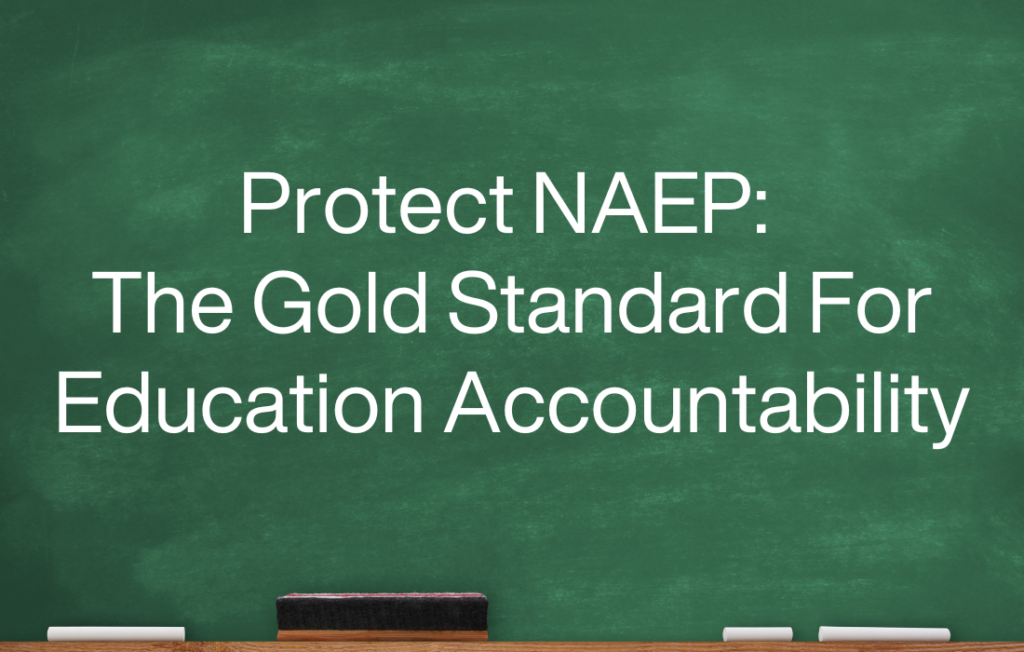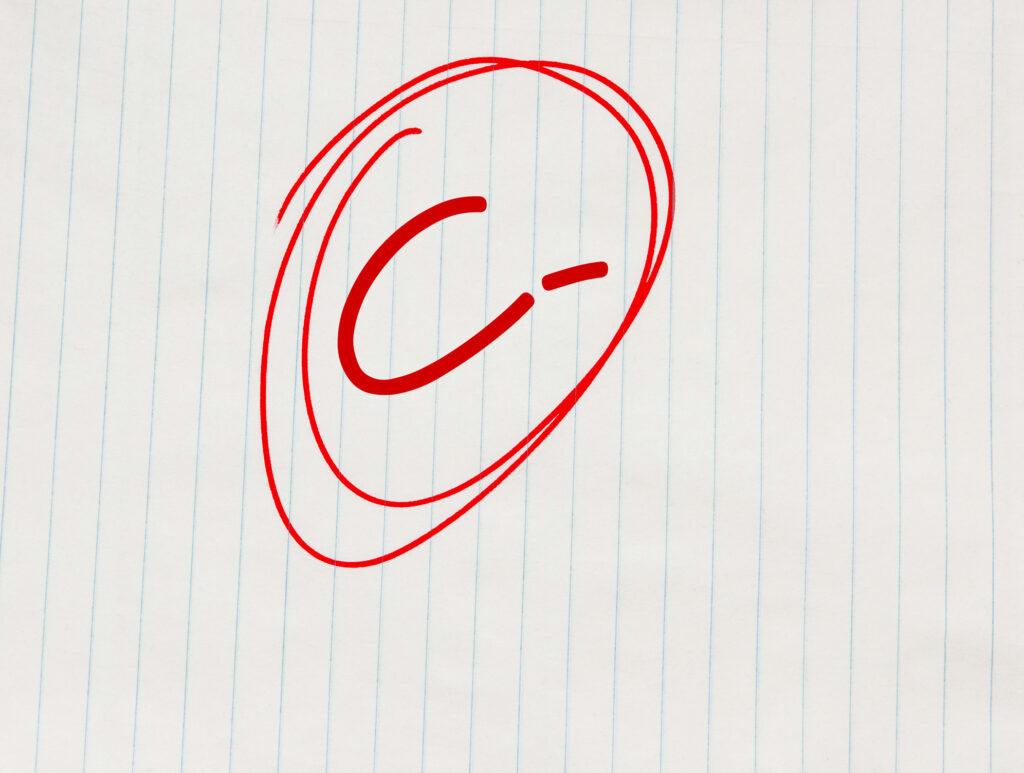Protect NAEP: The Gold Standard For Education Accountability

In today’s Roll Call, The Winston Group’s David Winston writes about NAEP’s critical function in ensuring our education system is on track — and letting us know when it is not. There are reasonable arguments to be made about the size of the federal government and whether certain crucial programs the Department of Education administers […]
The Challenge Trump Still Faces On The Economy

The Winston Group’s David Winston is quoted in an article in today’s Wall Street Journal about President Trump’s address to Congress last night. Read the full piece here.
Roll Call: Setting the record straight on Biden’s spending

The Winston Group’s David Winston writes in today’s Roll Call about how much Presidents Trump and Biden spent during their terms, and who is to blame for the near-historic inflation levels. The scale of spending was clearly a central concern about inflation. Ask almost anyone in Washington how much money the government spent during Biden’s […]
Education Recovery Scorecard: “Pockets of Success”

Less than two weeks after the 2024 NAEP scores were released — showing continued declines in reading and stagnation in math — the latest Education Recovery Scorecard was released, bearing similar news. The report, produced by the Center for Education Policy at Harvard University and The Educational Opportunity Project at Stanford University, found US students […]
NAEP Was A Wakeup Call For Accountability. What’s Next?

As we covered in our January 29th post, the 2024 NAEP data have just been released, showing that students struggled with reading, even more so than math. One of the main takeaways from the 2024 data is that the drops cannot all be attributed to the lingering effects of Covid. Indeed, as we have noted […]
Roll Call: The nation’s report card hits crisis level

The Winston Group’s David Winston writes about the latest NAEP scores in today’s Roll Call: The NAEP results are beyond sobering. The tests found that 40 percent of the country’s fourth graders and a third of eighth graders were “below basic” in reading, incapable of understanding even the central idea of a text. For these […]
What Do The Latest NAEP Data Say About Learning Loss?

Early this morning, the results of the highly anticipated 2024 NAEP were released. The results in a nutshell: student achievement is not back to its pre-pandemic levels, with reading scores especially posting declines and the lowest-performing students continuing to struggle the most. “The news is not good,” said Peggy Carr, NCES Commissioner. “This is a major concern — […]
How To Get Students To Think Like Scientists

On his new Substack, “The Next 30 Years: The Future Of Education Reform,” Robert Pondiscio has a new piece on the importance of content-specific knowledge for building skills like critical thinking. “You want students to ‘think like a scientist’ instead of studying science?” he asks. “You can’t.” He continues, There is no “thinking like a […]
Roll Call: Trump’s big bang approach to Day 1

In today’s Roll Call, The Winston Group’s David Winston covers Trump’s first day in office. Beyond the pardons, as Inauguration Day progressed, the contrast between the policies of Biden and Trump was astonishingly obvious. After four years of bad decisions, Trump sent a clear signal that a new sheriff was definitely back in town and […]
Daily Caller: Here Are The 7 Reasons Why Trump Is Getting Inaugurated

The Winston Group’s David Winston and Myra Miller in today’s Daily Caller on the seven reasons Trump is getting inaugurated. It is a new day in Washington as President-elect Donald Trump returns to the White House and Republicans have control of the Senate and House. As prep for your upcoming inaugural events, these discussion points recap seven […]
